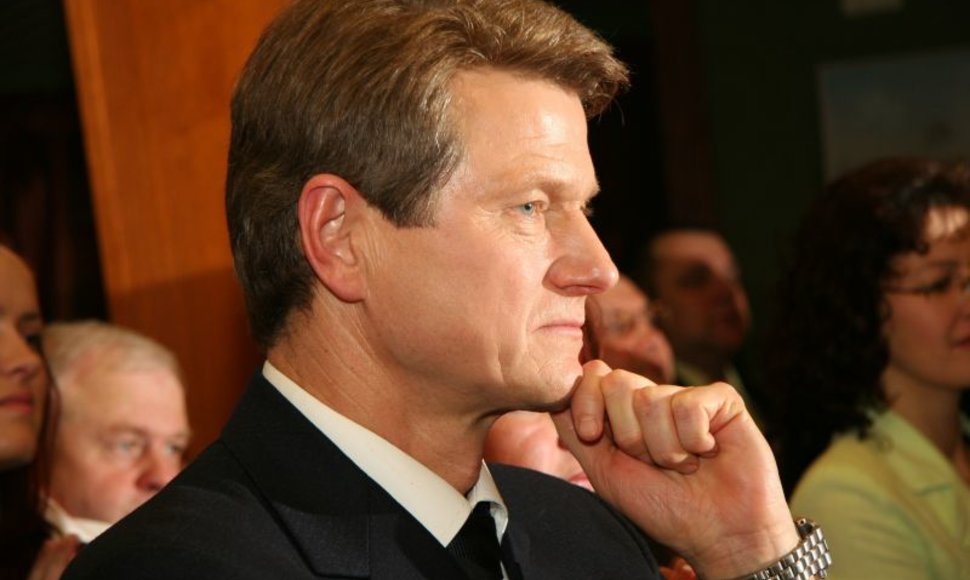At a Cabinet meeting on Wednesday, the lawyer reminded that in the ECHR, Lithuania "tried really hard to prove the significance of oath for Lithuania, a self-defending young democracy." "States nevertheless have to accept rulings against them in a dignified manner and in compliance with their laws. I find it (the four-year ban) a little surprising and strange," Baltutytė said following the presentation of her annual report.
"It will cause some surprise for many states as we are shifting to a four-year ban so quickly," she added.
Last week, Lithuanian lawmakers backed amendments that eased restrictions for politicians removed from office by impeachment to run for parliament. They are now barred for four years, as opposed to previous life-long ban. If President Dalia Grybauskaitė signs the amendment, this will open way for Rolandas Paksas, Lithuania's ex-president removed from office by impeachment in 2004, to run for parliament.
Following the impeachment and a ruling of the Lithuanian Constitutional Court, Lithuania introduced a life-long ban for impeached people to assume elected posts, where they would be obliget to take an oath. But the ECHR ruled last year that the measure was disproportionate.
Following the ruling, the Lithuanian Constitutional Court has ruled that the Constitution itself has to be amended to execute the ruling in Paksas' case. Lithuanian Prime Minister Andrius Kubilius has expressed doubts whether legal amendments are sufficient without amending the Constitution.












